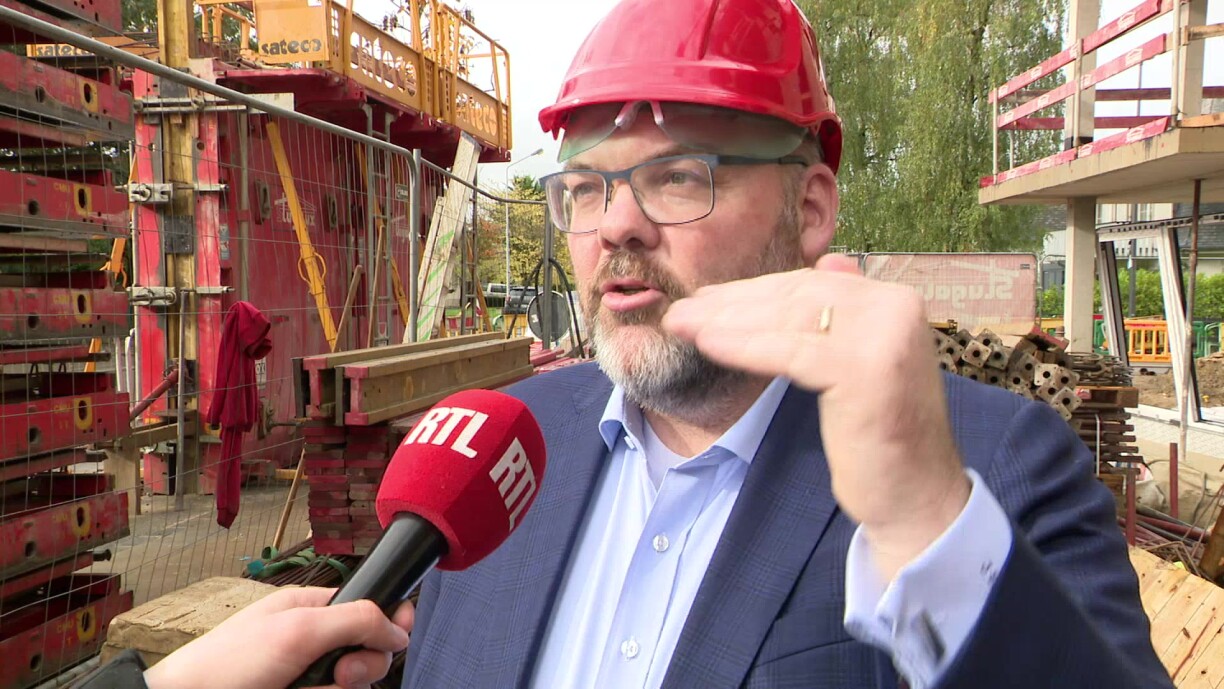
The reform against abusive rents is supposed to relieve tenants, but housing experts say the return in investment, combined with a high interest rate, could in fact drive prices up.
New housing is currently under construction in “um Kuelebierg” in Cessange. The project is reserved entirely for rental purposes. But because the maximum annual rent that landlords can charge is reduced from 5% of the capital invested to 3.5%, it might be more attractive for the manager of a large construction company to place their money in the bank.
For example: An investor pays €1 million to build a house. That investor can only rent it out for €30,500 in rent per year. But over time the house is worth much more, even if the rent remains similar.
Should an older rental property be sold and come back on the market, the rent would then be adjusted to the current, much higher market price. Joël Schons, boss of Stugalux, explains how this is being countered:
“If I exchange my apartment with a friend in the same building, only the State wins in that otherwise dead transaction. After the switch, both apartments are available for the new market price and thus you get much more rent than today.”
As far as the sales market is concerned, high interest rates would lead people who rent to continue to do so and young people to live at home with their parents. Overall, Luxembourg builds too little housing.
“In the last eight to nine years, there have never been so few building permits issued as last year. Why? Because already in the last months, rising interest rates caused people not to build, with the risk of being in debt for 20 years.”
High interest rates are not the only problem, says Schons. The procedures for issuing building permits drag on for too long and at municipal level the necessary infrastructure is often lacking. On the other hand, the State should also assume its responsibilities and build the more than two million square meters of building land, the expert concludes.
Video report in Luxembourgish: